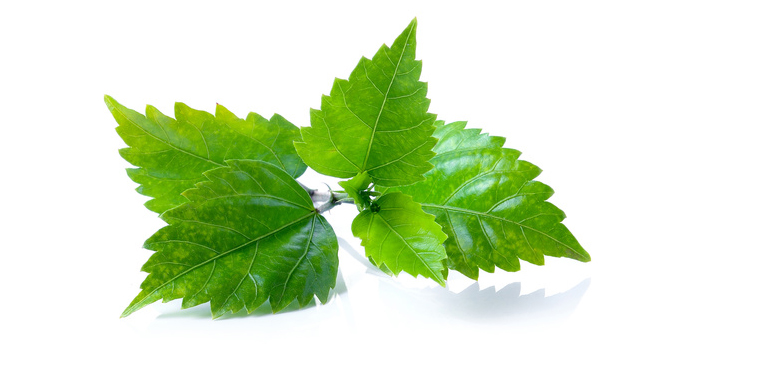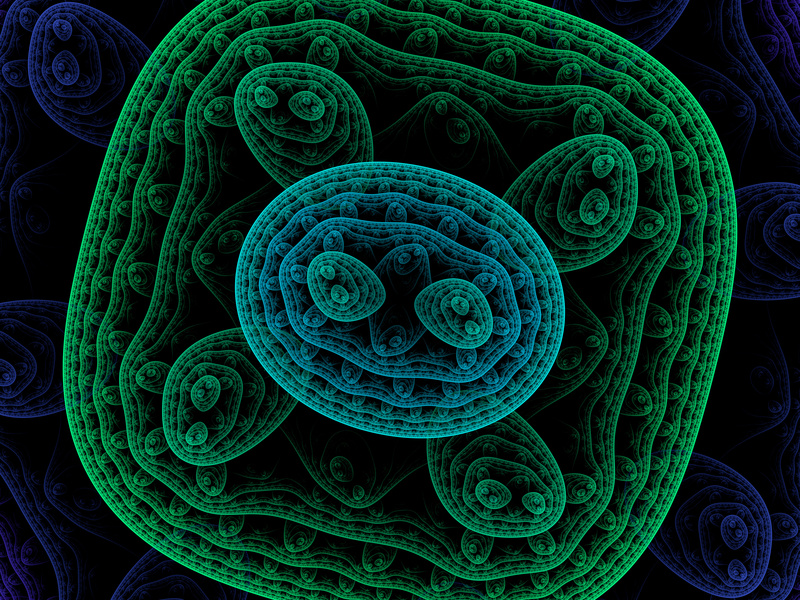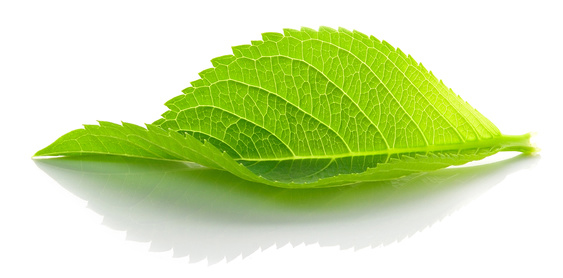Population expansion may be a major driver in the evolution of cooperation, with implications for new antibiotics, cancer treatments and perhaps even human
Despite their single-cell status, microbes are capable of striking feats of cooperation: They can secrete polymers that enable them to stick together and form biofilms in order to defend themselves against antibiotics and other poisons. They can manufacture large volumes of lubricants that allow a colony to swarm over soft surfaces, and they can even produce iron-scavenging molecules that allow them to live in iron-poor environments, such as a human host.
Source: On The Microbial Frontier, Cooperation Thrives | Quanta Magazine











Leave A Reply